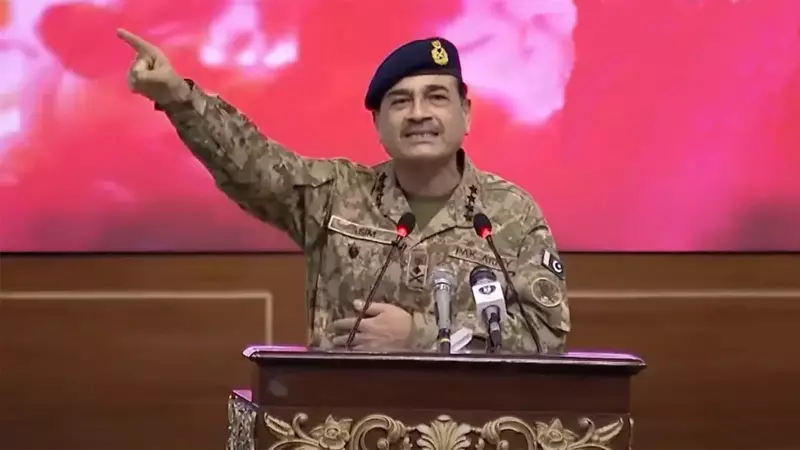
Pakistan's Nuclear Gambit: A Dangerous Game of Brinkmanship
Pakistan is increasingly leveraging its nuclear capabilities as a strategic bargaining tool amid severe economic distress, raising global concerns about nuclear blackmail tactics. With over 100 nuclear warheads making it the world's fifth-largest nuclear power, Pakistan's growing arsenal coincides with its most severe economic crisis in decades.
Historical Context of Pakistan's Nuclear Ambitions
The roots of Pakistan's nuclear strategy trace back to Zulfikar Ali Bhutto's chilling 1965 declaration that Pakistan would "eat grass, even go hungry" to develop nuclear weapons. This prophecy appears increasingly relevant today as Pakistan's sovereign coffers stand nearly empty, forcing reliance on international aid.
Former President Pervez Musharraf acknowledged the problematic nature of Pakistan's nuclear program in his memoir "In the Line of Fire," describing national hero Dr A Q Khan as "the problem itself" rather than merely part of it. Musharraf admitted that Pakistani leaders maintained intentional ambiguity about nuclear capabilities for strategic purposes.
Current Nuclear Posture and Capabilities
International nuclear weapons analysts Hans M Kristensen and Robert S Norris have documented that Pakistan maintains the world's fastest-growing nuclear stockpile despite political instability. The country has evolved from a "minimum deterrence" posture to "credible minimum deterrence," enabling development of full-spectrum nuclear capabilities across air, sea, and land delivery systems.
Recent developments suggest Pakistan now possesses survivable second-strike capability and escalation control mechanisms. Contrary to speculation about damage to Pakistani nuclear facilities during Operation Sindoor, the International Atomic Energy Agency confirmed no radiation leaks were detected, indicating nuclear infrastructure remains intact.
Geopolitical Maneuvering and US Response
Field Marshal Asim Munir has been actively shuttling between Washington DC, Beijing, and Riyadh to assemble a survival strategy for Pakistan. This diplomatic offensive coincides with reports of secret negotiations involving 20,000 Pakistani soldiers potentially deploying to Gaza for post-war stabilization, though Pakistan's information ministry has denied these claims.
Former US President Donald Trump recently stated that Pakistan "has been testing nuclear weapons" while noting they "do not talk about it." This assertion gained credibility with satellite imagery showing telltale lenticular cloud formations over the Koh-e-Murdar region near Quetta, typically associated with underground nuclear tests.
Pakistan's Defence Minister Khawaja Asif responded with characteristic ambiguity, telling journalists: "Now don't ask all these questions. Ask such things in private," reinforcing suspicions about Pakistan's nuclear transparency.
International Implications and Future Concerns
India has consistently highlighted Pakistan's history of "smuggling, export control violations, secret partnerships, A Q Khan network and further proliferation." Delhi officially noted Trump's comments about Pakistani nuclear testing but expressed concern that Washington appears to be softening its stance on Pakistan during ongoing trade negotiations with India.
This counterintuitive US accommodation of Pakistan risks repeating historical patterns where American geopolitical priorities overrode nuclear non-proliferation concerns. Experts warn that once US-India trade negotiations conclude, Washington may find Pakistan's enhanced nuclear leverage returning to haunt international security calculations.
Pakistan continues walking a diplomatic tightrope, simultaneously engaging the US, China, the Arab world, and potentially Israel. The common denominator in these relationships remains Pakistan's military prowess and nuclear capabilities, making it a potentially combustible factor in regional stability.





